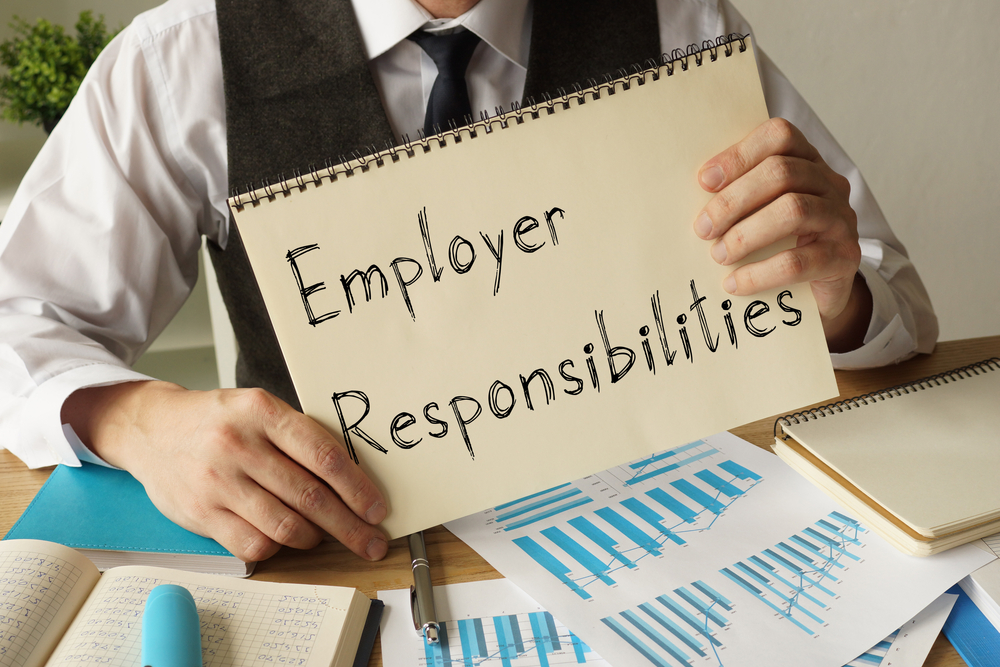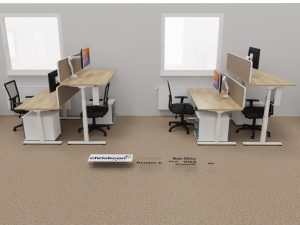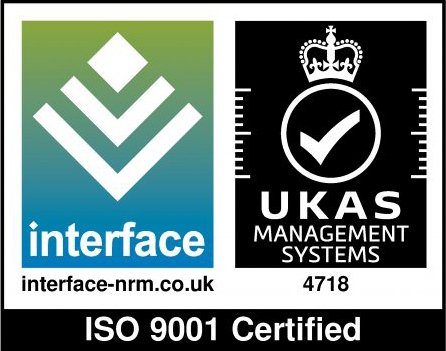
With more and more people working from home or hybrid – staff splitting time between home and office – we feel it’s important to highlight the obligations this places on employers.
The Health and Safety Executive (HSE) has recently updated its guidance on home and hybrid working with a focus on what employers should be considering.
We are particularly keen to raise awareness about risk assessment, specifically Display Screen Equipment (DSE) checks, and make sure companies are complying with the regulations. This is something we can help you achieve and are only too pleased for you to call on the advice and experience of our very own DSE assessors.
What does an assessment involve?
A DSE assessment is a risk assessment that looks at the health risks of working with PCs, laptops, tablets and smartphones and addresses things like poor posture, poor working habits and having the right equipment in place for an employee to do their job safely and efficiently.
DSE rules apply to workers who use this equipment on a daily basis, for an hour or more at a time, and risk assessments need to be conducted if a new user starts employment, a new workstation is set up or if you have changed workstations for any reason. The regulations also include hybrid and home working.
A certified DSE assessor is required to carry out an assessment and our certified DSE assessors are happy to help and advise businesses on what they need to do.
An expert view
Risk assessment is an important part of running a successful business so we asked Aleesha Skett of the HR Dept Shropshire to go into a bit more detail about the obligations faced by employers. We hope you find the information useful. Aleesha said:
“Employee Health and Safety must be maintained as far as is reasonably practicable when staff are working from home under the Health and Safety at Work Act 1974, whether that is permanently or on a hybrid basis.
“Employers are required to carry out risk assessments on the home workstation to identify any hazards and associated risks with the work the employee undertakes. Failure to carry one out may be deemed a breach of trust and confidence or lead to an employee making a protected disclosure by reporting the health and safety breach to a higher power.
A safe system of work
“An employer’s duty under the 1974 Act is to ensure the health, safety and welfare of all of their employees, providing and maintaining a safe system of work. Therefore, employers should at least be assisting employees to put right any identified hazards, adapting their home workstations as necessary.
“Whilst there is no legal obligation on employers to provide equipment for home and hybrid workers generally, there is where the equipment is needed due to health and safety concerns, and the employer is liable to fund this. Examples of this could be where an employee is hunched over their laptop on the sofa all day, causing them back problems, or where the employee has an existing disability.
“Many issues for ‘office’ workers can be easily fixed by providing them with appropriate seating and any support devices they may benefit from such as footrests. A benefit to the employer here is that where the home working arrangement has been made formal, this equipment is not subject to income tax or national insurance so long as the property remains the employers and the employee isn’t using it regularly for personal matters.”
Contact us
For more information contact our team at Chrisbeon on 01952 292606.







